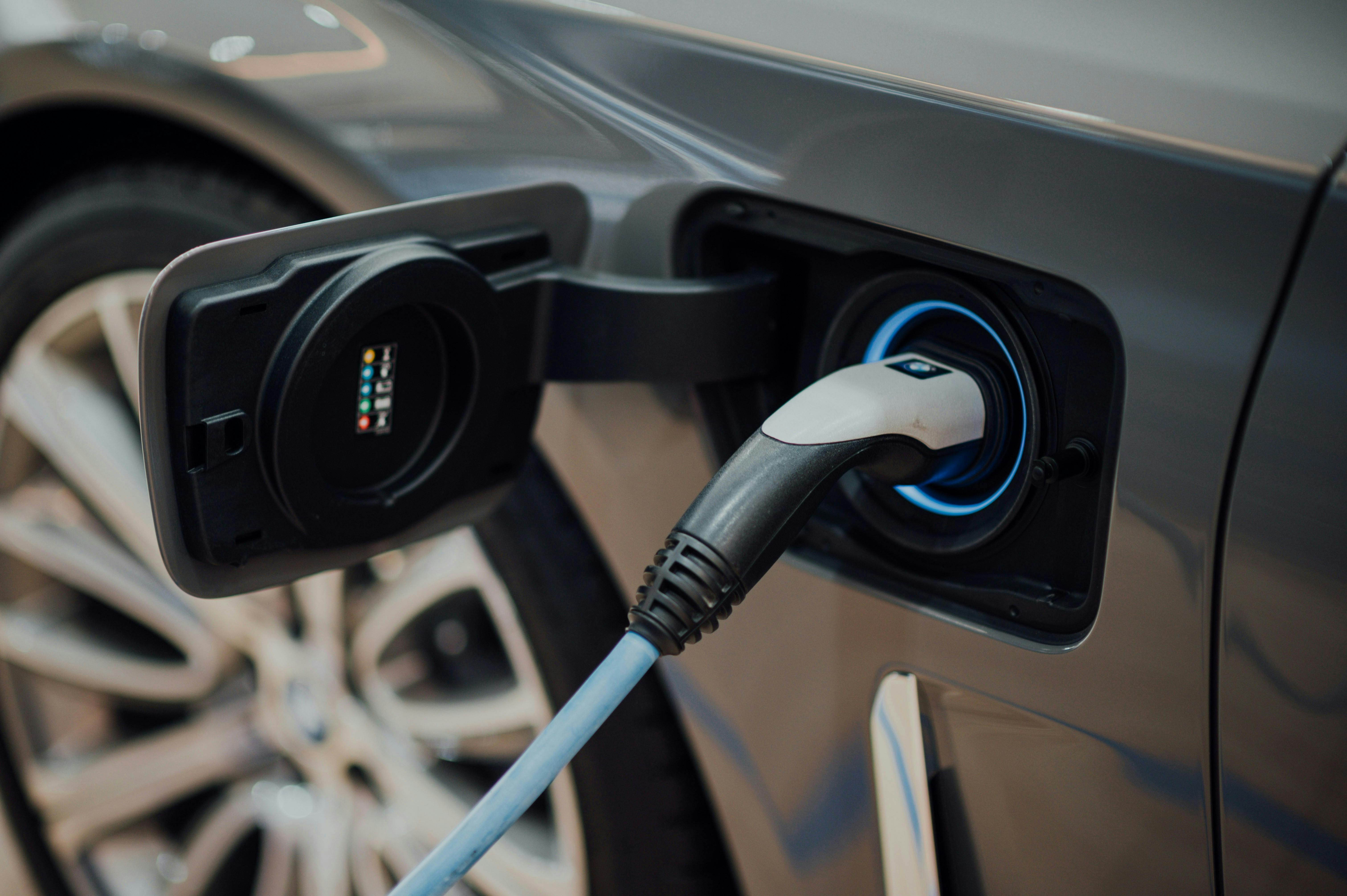News · 11 July 2024
Real world use cases for hourly matching: bringing full transparency to the EV charging station
In a first-of-its-kind initiative for Europe, LichtBlick, decarbon1ze, and Granular Energy offer electric vehicle drivers full transparency regarding the origin of the electricity used at charging stations.

The carbon footprint of electromobility depends on the quality of the electricity charged. The greener the electricity actually charged, the more climate-friendly the journey. A pilot project by LichtBlick, decarbon1ze and Granulaer Energy using the Energy Track & Trace platform now shows transparently which renewable plant the electricity at the decarbon1ze charging station came from and issues granular certificates for the quality of the electricity - on a quarter-hourly basis.
First-of-its-kind in Europe: granular certificates at the charging station
Following an initial pilot project in 2023, which enabled corporate customers to obtain granular certificates, the project partners are now taking the next step with the continuation at the charging station. After all, charging electricity is only truly climate-friendly if it is generated from renewable sources. The joint pilot project now proves the functionality of the system of hourly so-called granular certificates for green electricity in Germany, from issuance and use in the Energy Track & Trace system to cancellation in the Federal Environment Agency's (Umweltbundestamt's) registry of guarantees of origin (HKNR).
In order for an electricity supply in Germany to be declared as green electricity, it must bear a green guarantee of origin (HKN) since 2013. This certifies where green electricity was produced and must be purchased from electricity providers in addition to the physical electricity. Guarantees of origin are the only precisely defined instruments for proving the origin of electricity from renewable energy sources and are also a seal of quality for security, transparency and traceability in the green electricity market. However, the certificates do not usually guarantee that the green electricity allocated to a customer was actually generated at the time of consumption. Balancing is currently carried out on an annual basis and thus consumption at night can be matched with production from a solar park.
Management of guarantees of origin via Granular Energy
decarbon1ze can now use the platform set up by Granular Energy to track every hour from which renewable plant LichtBlick is supplying the electricity charged at the charging station. In addition, quarter-hourly certificates are issued and cancelled via the Energy Track & Trace registry, and managed in the Granular Energy platform. To ensure consistency, corresponding certificates are also cancelled in the official register of guarantees of origin of the Federal Environment Agency.
"As a service provider for charging point operators, we enable customers to choose their electricity supplier at the charging station. This allows competition, especially in terms of green electricity quality. With the help of granular certificates, we can now work with LichtBlick to make it transparent to energy consumers where the energy comes from. This makes it easier for EV drivers to understand what energy they have charged and whether it actually comes from renewable sources. This innovative approach allows us to make this information available to customers in a transparent and comprehensible way," says Knut Hechtfischer, CEO of decarbon1ze.
Guarantees of origin as central component of climate accounting
Guarantees of origin are not only the basis for the traceability of the green characteristics of electricity, but are also increasingly being used for the climate accounting of the electricity purchased (Scope 2). "Previously, it was sufficient to match consumption on an annual basis with guarantees of origin. However, on the path to climate neutrality, it is not only the parallelisation of generation and consumption in the physical electricity system that is relevant for companies, but also the parallelisation of the quality produced and consumed via the granular certificate is a key component," says Dr. Corine Veithen, climate expert at LichtBlick.
Granular certificates can also make an important contribution to this by using price signals to incentivize the efficient and system-friendly use of storage systems or flexible consumers such as heat pumps or electric vehicles.
Share article
More insights
Case study · 05.02.2026
Building the digital backbone for energy attributes certificates: South Pole and Granular Energy partnership
Granular Energy is pleased to announce a new partnership with South Pole. This collaboration marks an important innovative step in renewable energy certificate management across global markets.
News · 03.02.2026
Carbon-Free Chronicles January 2026: The essential round-up of news and reports relating to hourly transparency
We’re back with our Carbon-Free Chronicles, and as we move into 2026, the focus across energy markets is shifting from consultation and experimentation to implementation. Reporting deadlines have passed, policy signals are sharpening, and the market is moving. The direction of travel is clear: higher-quality, time-matched clean energy claims are moving from “nice to have” to “expected”.